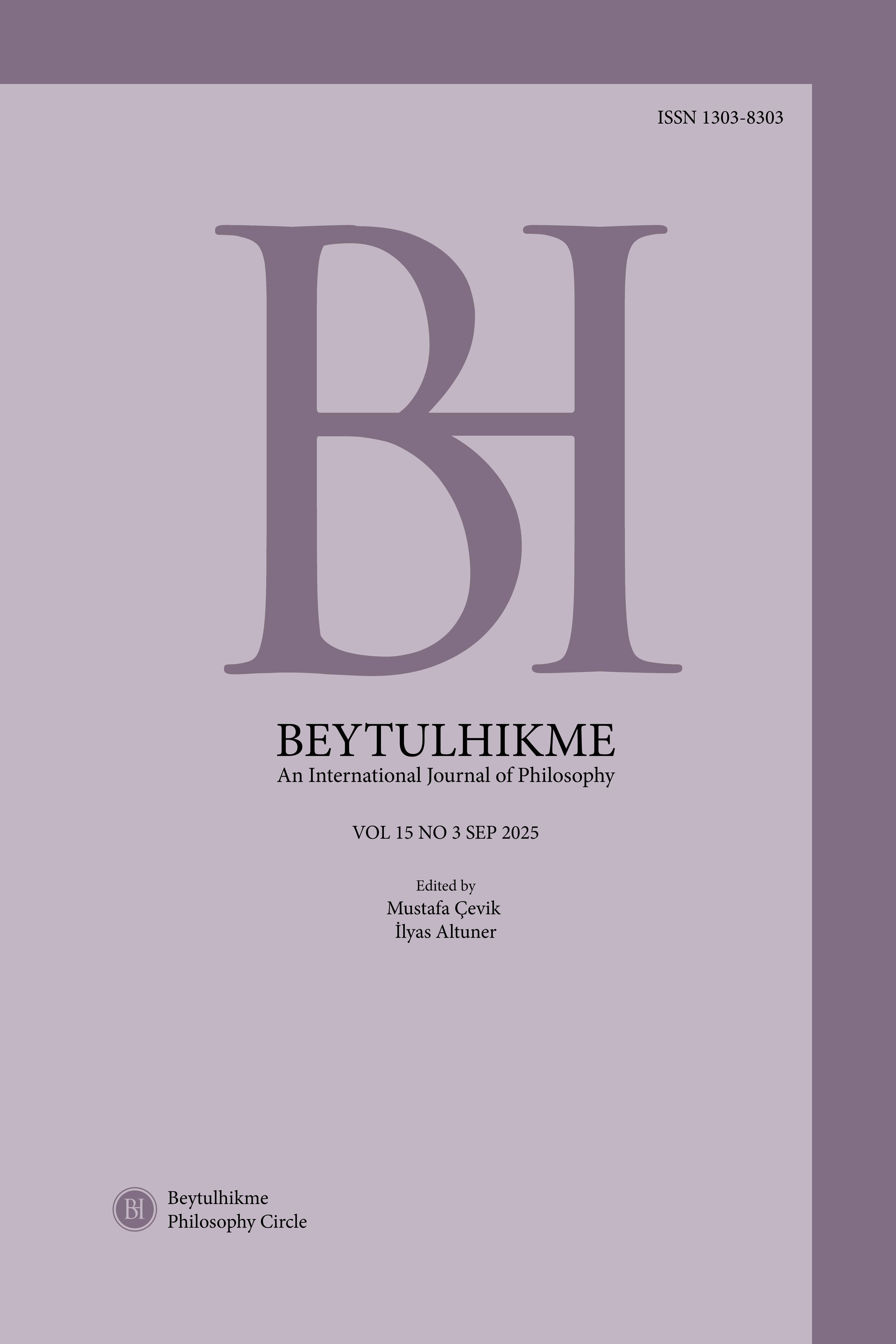Author :
Abstract
Felsefenin sonu ifadesinin felsefe tarihi açısından sahip olduğu olumsuz gönderime rağmen Heidegger bu sona ilişkin sahici bir tecrübe elde etmenin elzem olduğunu düşünür. Zira felsefenin sonu basitçe Batı metafiziğinin sonlanması ve bilimsel-teknolojik bir paradigmanın güç kazanması anlamına gelmeyip, insanın yeryüzündeki olanaklarının açığa çıkması ve Varlıksal açıklığını yeniden kazanması ile özsel olarak ilişkilidir. Bu sebeple mevcut çalışma felsefenin sonuna ilişkin çok katmanlı bir tecrübenin imkânını ortaya koyabilmek için Heidegger’in tavrını takip ederek bu son içerisinde ihtiva edilen düşünme tarzlarını görünür kılmayı amaçlamaktadır. Bu bağlamda çalışma bir yandan Batı felsefesinin modern bilimlerle sahip olduğu kökensel ilişkiyi aydınlatmaya ve diğer taraftan da geleneksel felsefeyi aşacak yeni başlangıç fikrini değerlendirmeye çalışmaktadır. Çalışma, nihai olarak Heidegger’in geleneksel felsefe yapma tarzına getirdiği alternatifin doğurduğu bazı soruları gündeme getirmektedir.
Keywords
Abstract
Despite the negative connotation of the term "end of philosophy" regarding the history of philosophy, Heidegger thinks that it is essential to obtain an authentic experience of this end. Because the end of philosophy does not simply implies that Western metaphysics is coming to an end and scientific-technological paradigm gains power, but this end is essentially related to the revelation of man's possibilities on earth and regaining his existential openness. For this reason, the current study aims to make visible the styles of thinking contained in this end by following Heidegger's attitude in order to reveal the possibility of a multi-layered experience regarding the end of philosophy. In this context this study tries, to illuminate the originary relationship of Western philosophy with modern sciences and to evaluate the idea of a new beginning that will transcend traditional philosophy. The study ultimately raises some questions arising from Heidegger's alternative to the traditional way of doing philosophy.





